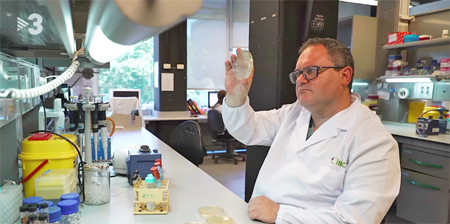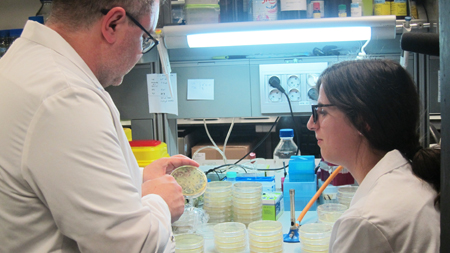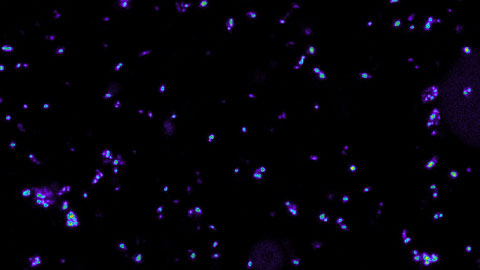Olive oil offers two powerful weapons in the fight against antibiotic resistance
Researchers from the Institute for Bioengineering of Catalonia and the University of Granada have created two potent antimicrobials from oleanolic acid and maslinic acid, both of which are found in olive oil
The study, published in the journal ACS Infectious Diseases, has demonstrated the effect of these derivatives on the bacteria Staphylococcus aureus, one of the main causes of infections in catheters and prostheses.
Liquid gold. This is how all Mediterranean cultures have referred to olive oil throughout history. Its captivating flavour, its texture and its role in gastronomy have been some of the qualities that have contributed to this. But olive oil is also a great ally when it comes to health: from antiinflammatory properties to benefits for the cardiovascular system, and even recently discovered antitumor effects. Now, scientists from the Institute for Bioengineering of Catalonia (IBEC) and the University of Granada (UGR) have contributed new insights that increase the already well-known antimicrobial properties of olive oil.
To do this, they have synthesised two derivatives with enormous antimicrobial potential from two compounds present in olive oil—oleanolic acid and maslinic acid.



 Four projects coordinated by 2 group leaders and 2 researchers from IBEC have been successful in gaining funding through the Barcelona Institute of Science and Technology’s IGNITE call.
Four projects coordinated by 2 group leaders and 2 researchers from IBEC have been successful in gaining funding through the Barcelona Institute of Science and Technology’s IGNITE call.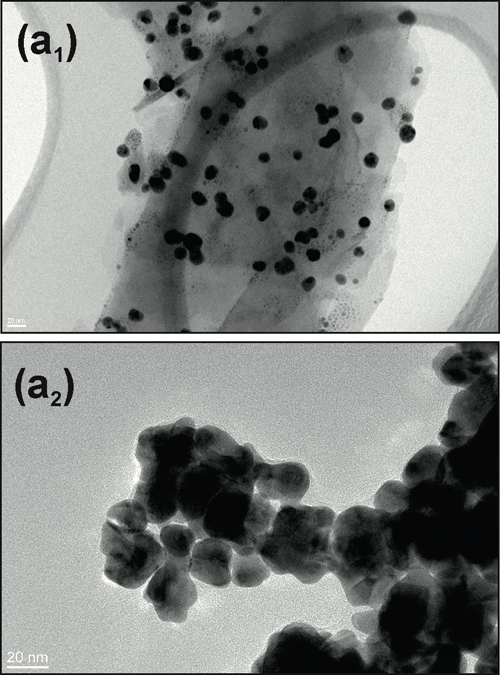
 The Bacterial Infections: Antimicrobial Therapies group from IBEC, led by Eduard Torrents, has designed a new method that, for the first time, makes it possible to check antimicrobial treatment efficacy in the presence of nanoparticles.This new technique has recently been published in the Journal of Nanobiotechnology..
The Bacterial Infections: Antimicrobial Therapies group from IBEC, led by Eduard Torrents, has designed a new method that, for the first time, makes it possible to check antimicrobial treatment efficacy in the presence of nanoparticles.This new technique has recently been published in the Journal of Nanobiotechnology..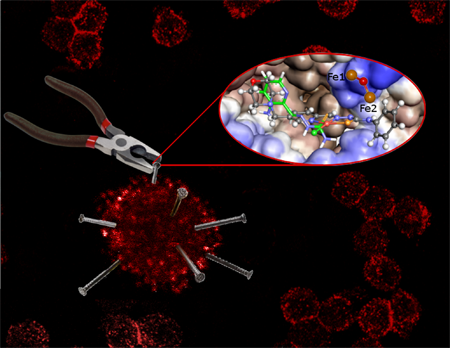
 IBEC’s Bacterial infections: antimicrobial therapies group have published two papers offering new hope in the urgent search for antimicrobials.
IBEC’s Bacterial infections: antimicrobial therapies group have published two papers offering new hope in the urgent search for antimicrobials.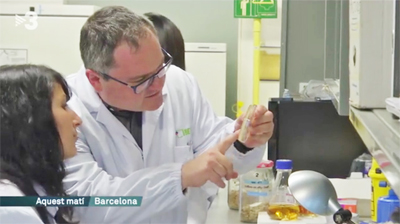
 IBEC group leader Eduard Torrents appeared on TV3’s Telenotícies on Monday night explaining his BiofilmChip project that has been funded with a CaixaImpulse grant.
IBEC group leader Eduard Torrents appeared on TV3’s Telenotícies on Monday night explaining his BiofilmChip project that has been funded with a CaixaImpulse grant.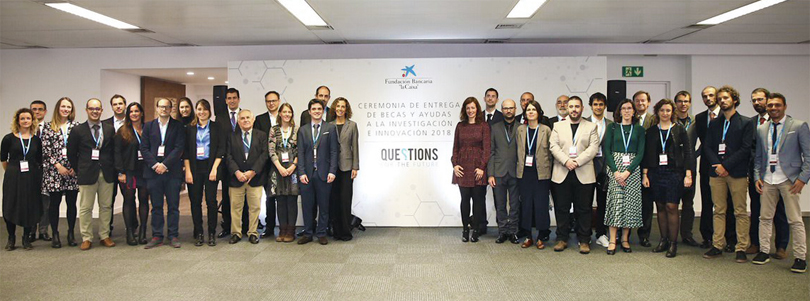
 IBEC researchers were in the limelight today at the awards ceremony for the “la Caixa” fellowships and grants for research and innovation calls.
IBEC researchers were in the limelight today at the awards ceremony for the “la Caixa” fellowships and grants for research and innovation calls.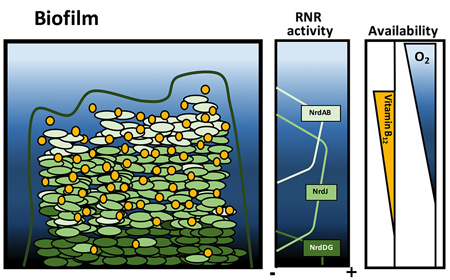
 IBEC’s Bacterial infections: antimicrobial therapies group has revealed the essential role played by a vitamin in the development of a common bacterial biofilm.
IBEC’s Bacterial infections: antimicrobial therapies group has revealed the essential role played by a vitamin in the development of a common bacterial biofilm. 